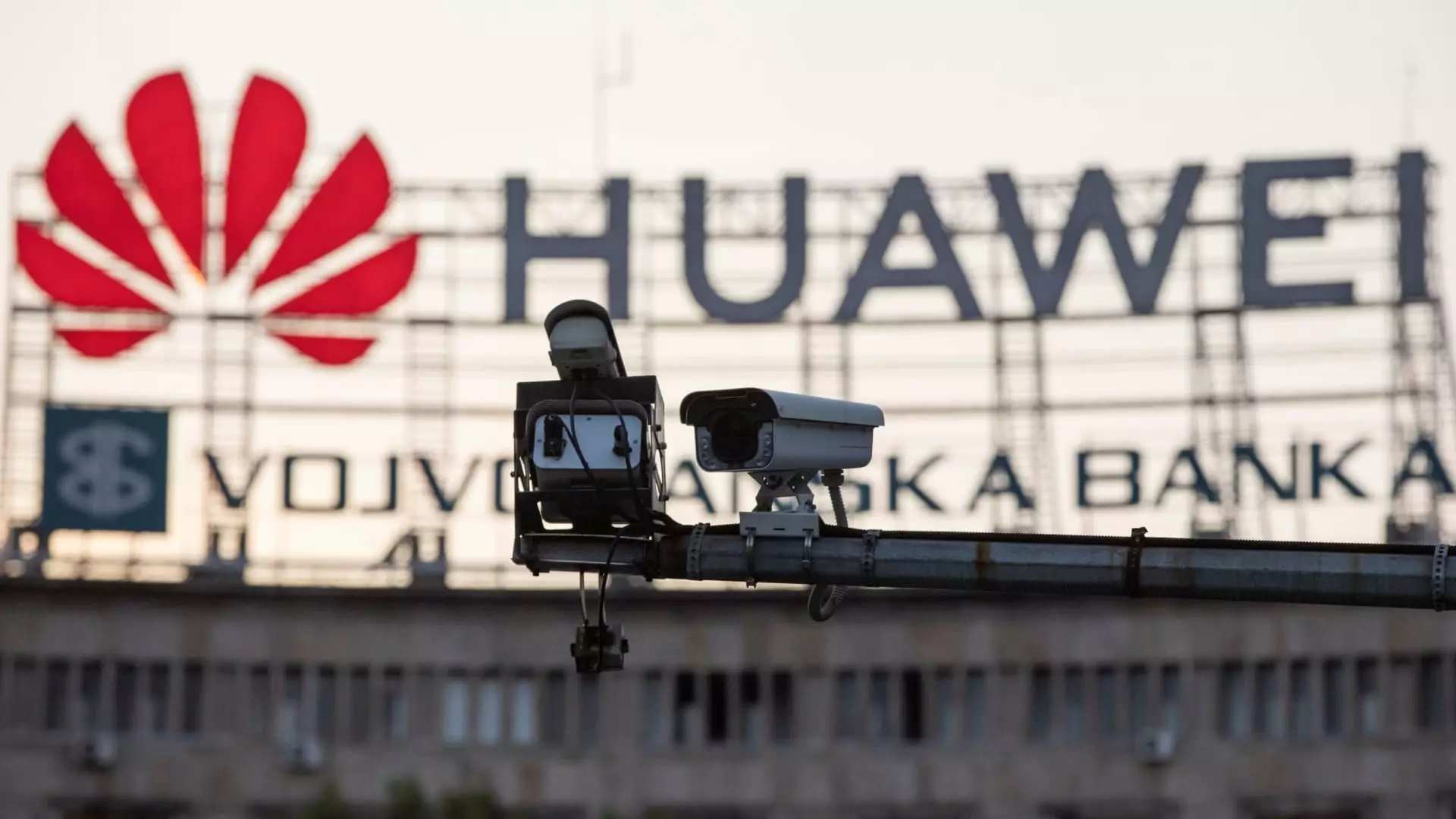Amid escalating geopolitical tensions between the United States and China, the Biden administration’s recent revocation of licenses for companies to engage in trade with Huawei reflects a significant shift in U.S. export policy. This article examines the implications of this action and the broader context surrounding Huawei’s operations in the global technology market.
In early 2024, the U.S. Commerce Department confirmed that it had revoked eight licenses permitting companies like Qualcomm and Intel to supply goods to Huawei, a leading Chinese telecommunications manufacturer. This measure is seen as a strategic move to hinder Huawei’s resurgence, especially after the company demonstrated unexpected growth in its sales amid strict U.S. export restrictions. The revoked licenses had facilitated the shipment of both high-tech and more mundane products, such as exercise equipment and office furniture, essential for Huawei’s diverse range of operations.
Despite earlier efforts to limit Huawei’s market access, the reversal, as outlined in a document requested by Republican Congressman Michael McCaul, suggests a more aggressive stance by the Biden administration. The Commerce Department’s actions aim not only to disrupt Huawei’s supply chains but also to send a clear message to allies and competitors that the U.S. remains committed to national security concerns tied to the firm. The fact that these license revocations were reported only after inquiries highlight a potential reluctance to openly discuss the intricacies of U.S. export control policies, which are becoming increasingly complex.
The motive behind such stringent measures lies in a broader context of national security fears that have surrounded Huawei since it was added to the U.S. trade restriction list in 2019. Lawmakers have long expressed concerns that Huawei could potentially engage in espionage due to its close ties with the Chinese government. As a result, Republican hardliners in Congress have intensified their calls to take decisive action against the company, especially following Huawei’s introduction of a new smartphone featuring advanced chips produced by Chinese manufacturer SMIC, which was particularly surprising given existing U.S. restrictions.
The pushback against Huawei demonstrates a significant challenge for the Biden administration, which balances between increased scrutiny on technology firms perceived as threats and the need for robust economic engagement. While Huawei’s smartphone sales experienced a remarkable 64% increase in early 2024, fueled by the launch of its latest products, the U.S. wants to ensure that its export policies effectively curtail China’s technological ambitions.
From a historical perspective, the Trump administration’s policy allowing certain exports to Huawei created a paradox. Although Huawei was sanctioned and designated an entity of concern, many suppliers received licenses worth billions that permitted transactions with the firm. This contradictory approach has created confusion and left room for interpretation among companies looking to navigate the complex landscape of U.S.-China relations.
The recent revocations seem to signify an attempt to rectify this ambiguity. Notably, over the span of five years, the U.S. approved licenses worth $335 billion for exports to designated entities on the trade blacklist. The contrast in approval rates between the Trump and Biden administrations underscores a challenging environment for policymakers attempting to align economic pragmatism with national security.
Despite U.S. efforts to limit its operations, Huawei’s continued success illustrates the company’s resilience and adaptability. Increased revenue from its smart car components and innovative product offerings has showcased its capability to pivot despite external pressures. As Huawei continues to rebound, its future depends on navigating the labyrinth of international sanctions and balancing its supply chain reliance on both domestic and foreign technologies.
The Biden administration’s recent revocations are part of a larger strategic effort to constrain Huawei’s influence while attempting to define clearer boundaries in U.S.-China technology relations. As the contours of global technology governance evolve, the challenges of securing national interests amidst intense competition and complex interdependencies will likely dictate the future landscape of the tech industry at large.


Leave a Reply